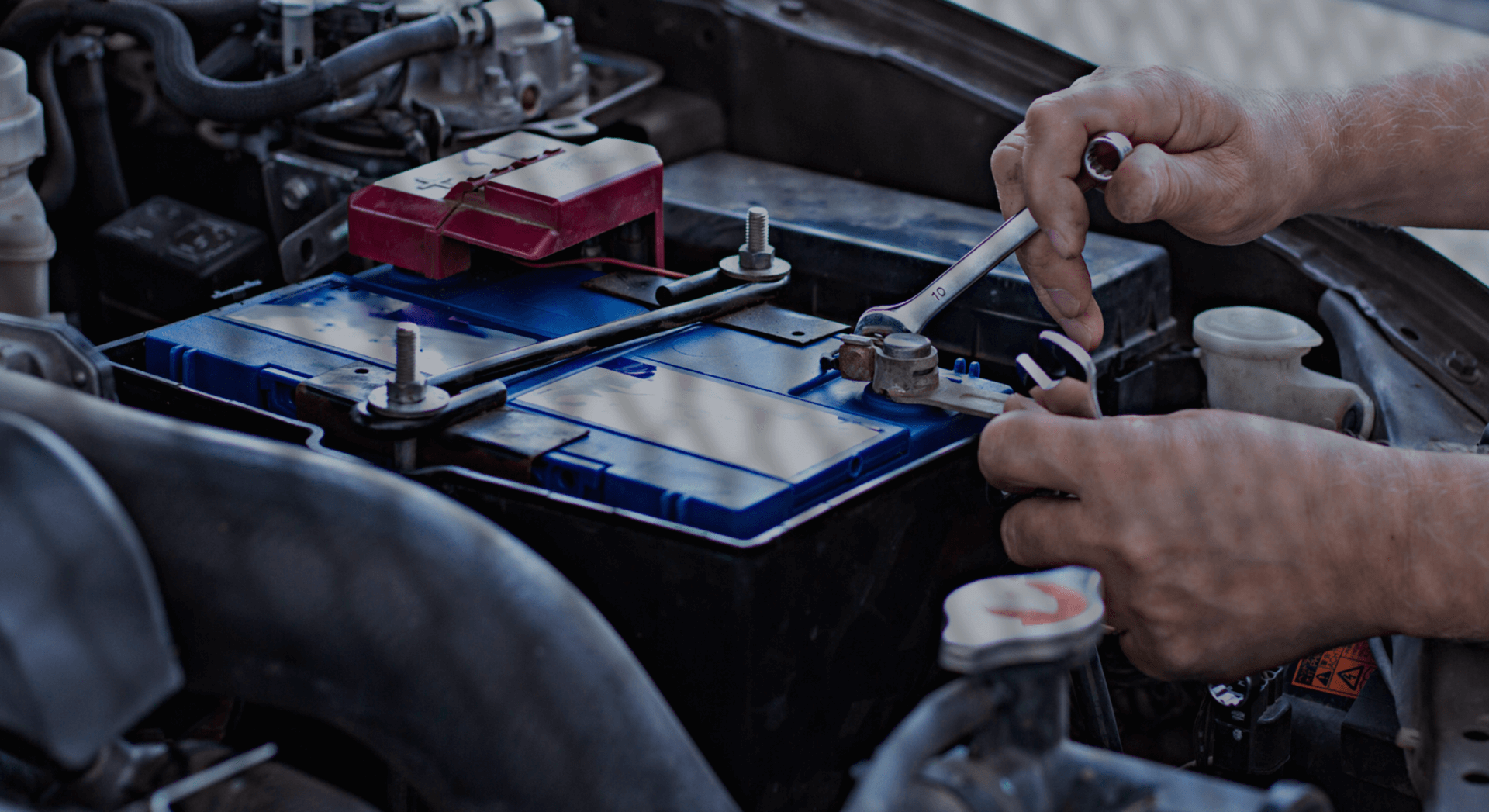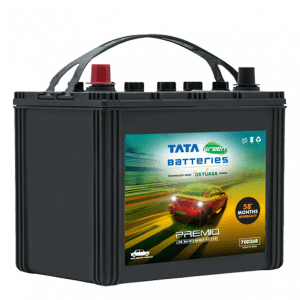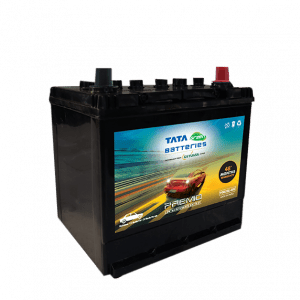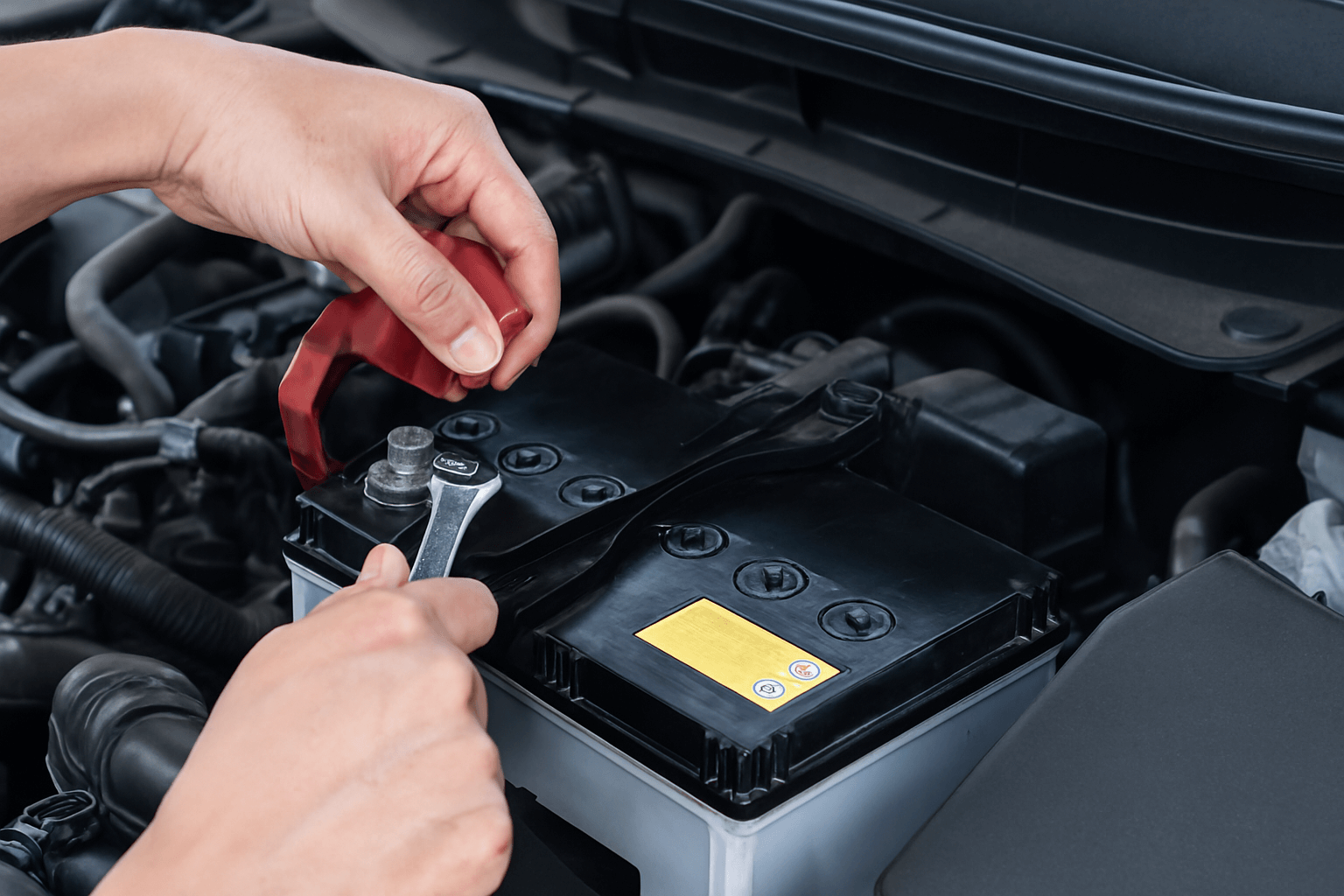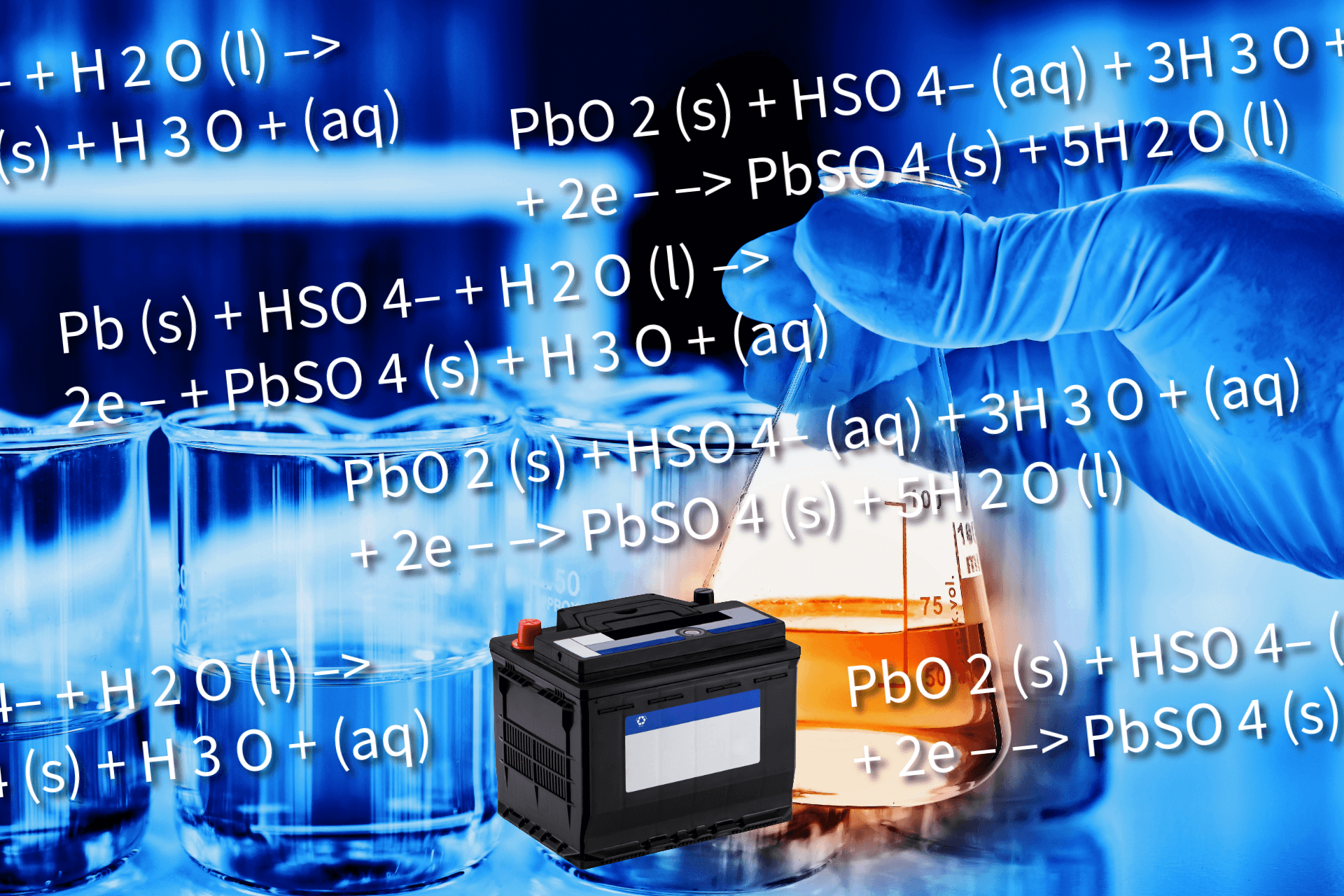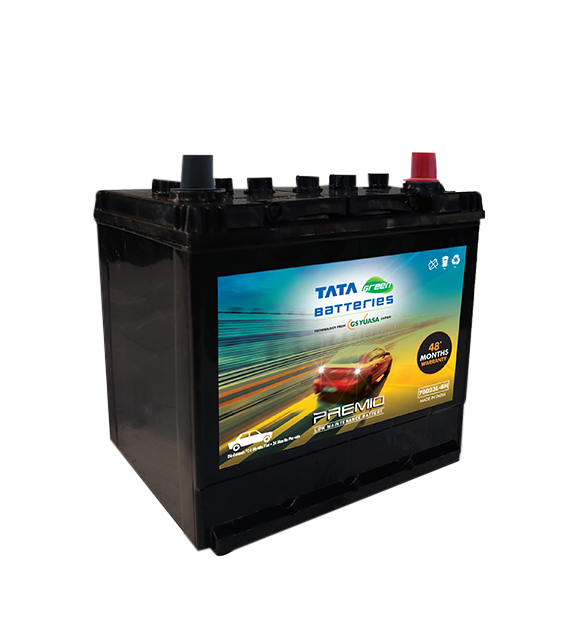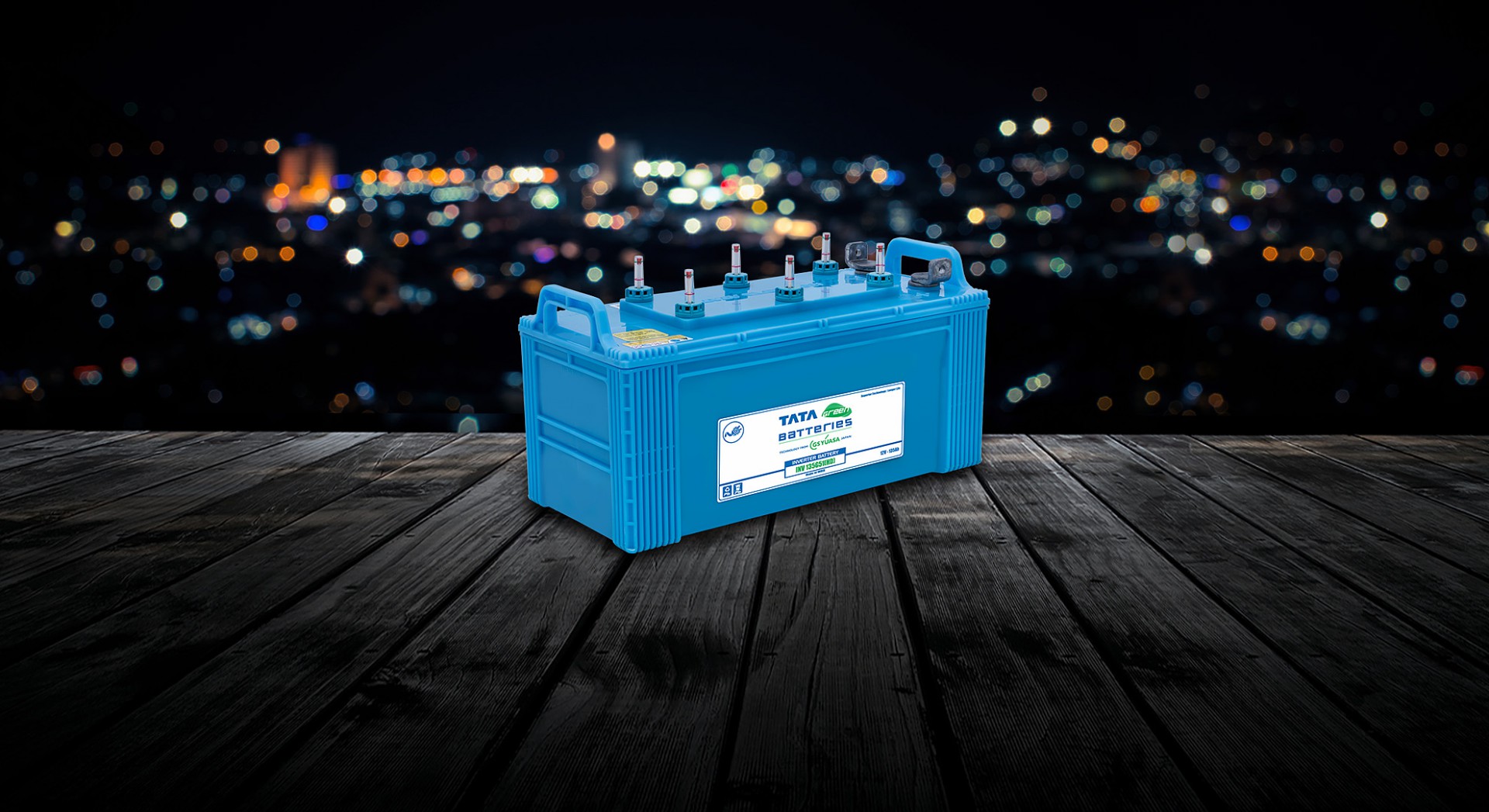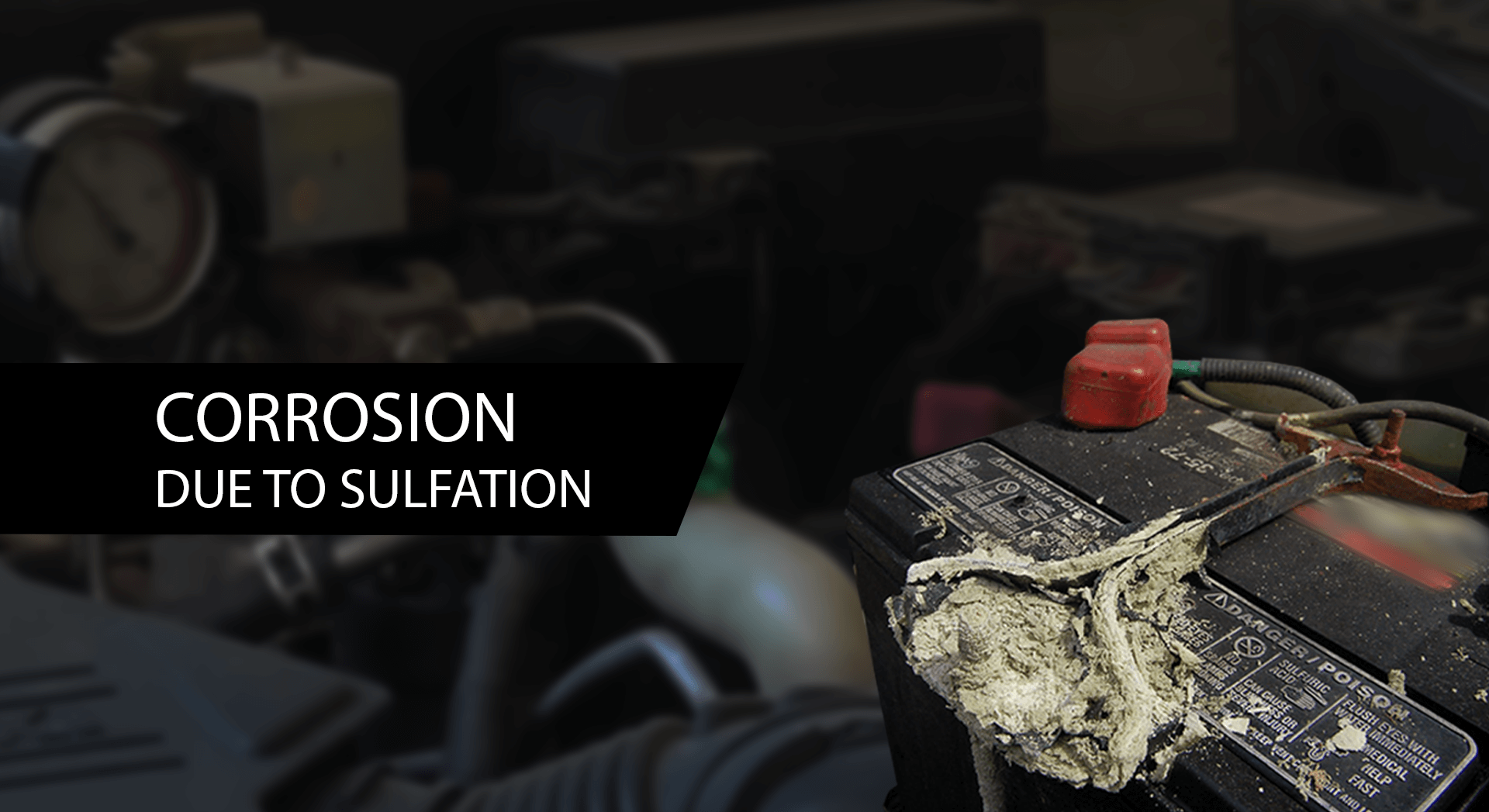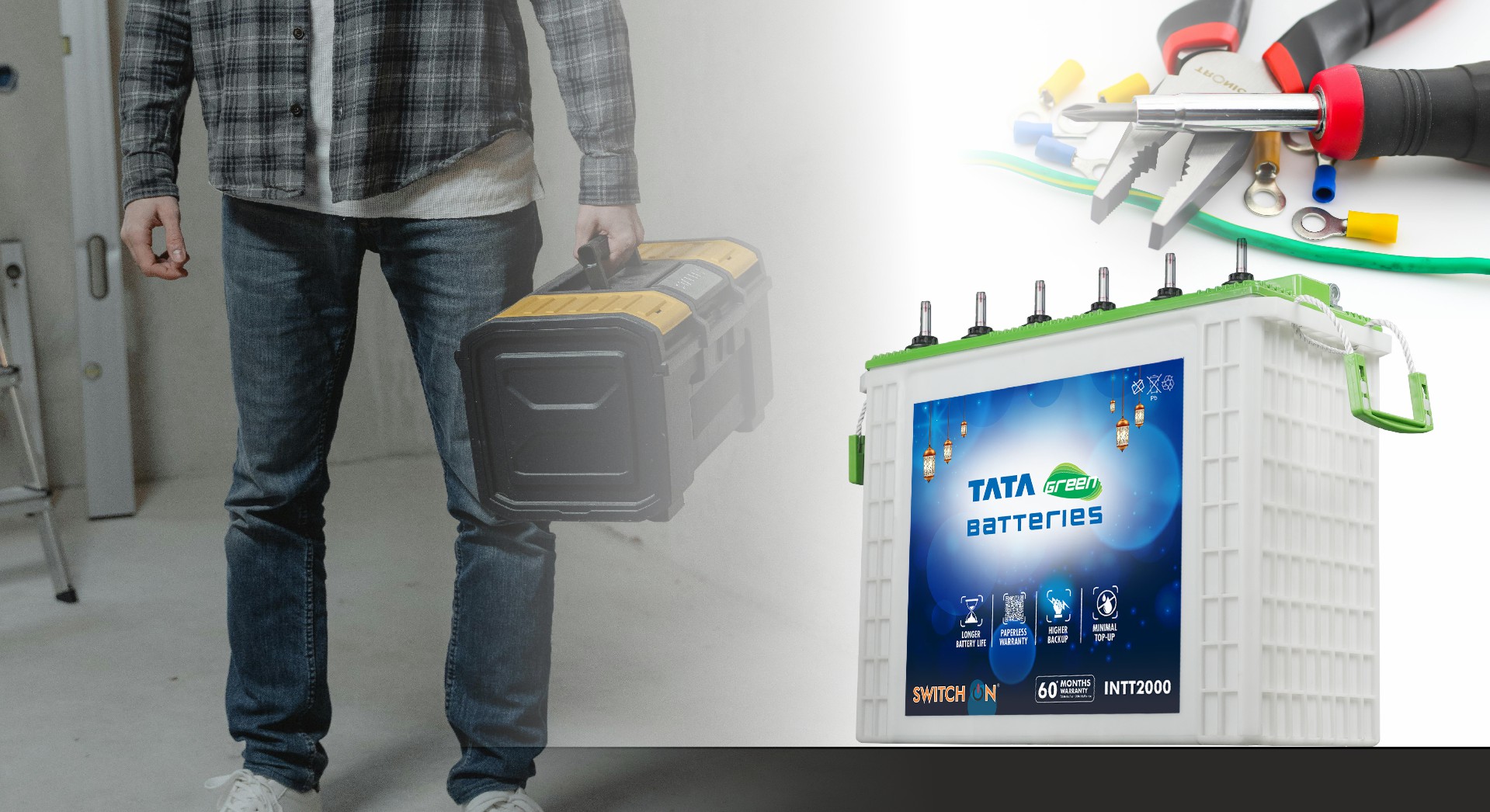Summer – Heat: The Hidden Battery Killer
-
Faster Chemical Wear:
High temperatures accelerate chemical reactions inside the battery, causing it to degrade faster and shortening its usable life.
-
Electrolyte Loss:
Heat causes fluids in lead-acid batteries to evaporate, leading to imbalanced electrolytes and reduced battery performance.
-
Risk of Overcharging:
Heat can disrupt voltage regulation, increasing the chance of overcharging, which may lead to battery swelling or leakage.
-
Device Shutdowns:
Lithium-ion batteries may automatically shut down to protect themselves from overheating and prevent permanent damage.
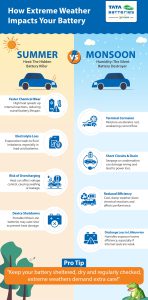
Monsoon – Humidity: The Silent Battery Destroyer
-
Terminal Corrosion:
Constant exposure to moisture can corrode battery terminals, affecting conductivity and starting issues in vehicles.
-
Short Circuits & Drain:
Water seepage or condensation can damage internal circuits, resulting in unexpected power loss or battery failure.
-
Reduced Efficiency:
Cool and humid conditions slow down internal chemical activity, decreasing overall battery output.
-
Discharge Loss in Lithium-Ion:
If internal seals are compromised, humidity can lower efficiency and lead to faster discharge or internal damage.
Pro Tip
Keep your battery sheltered, dry, and regularly checked extreme weather demands extra care to ensure long life and reliable performance.

